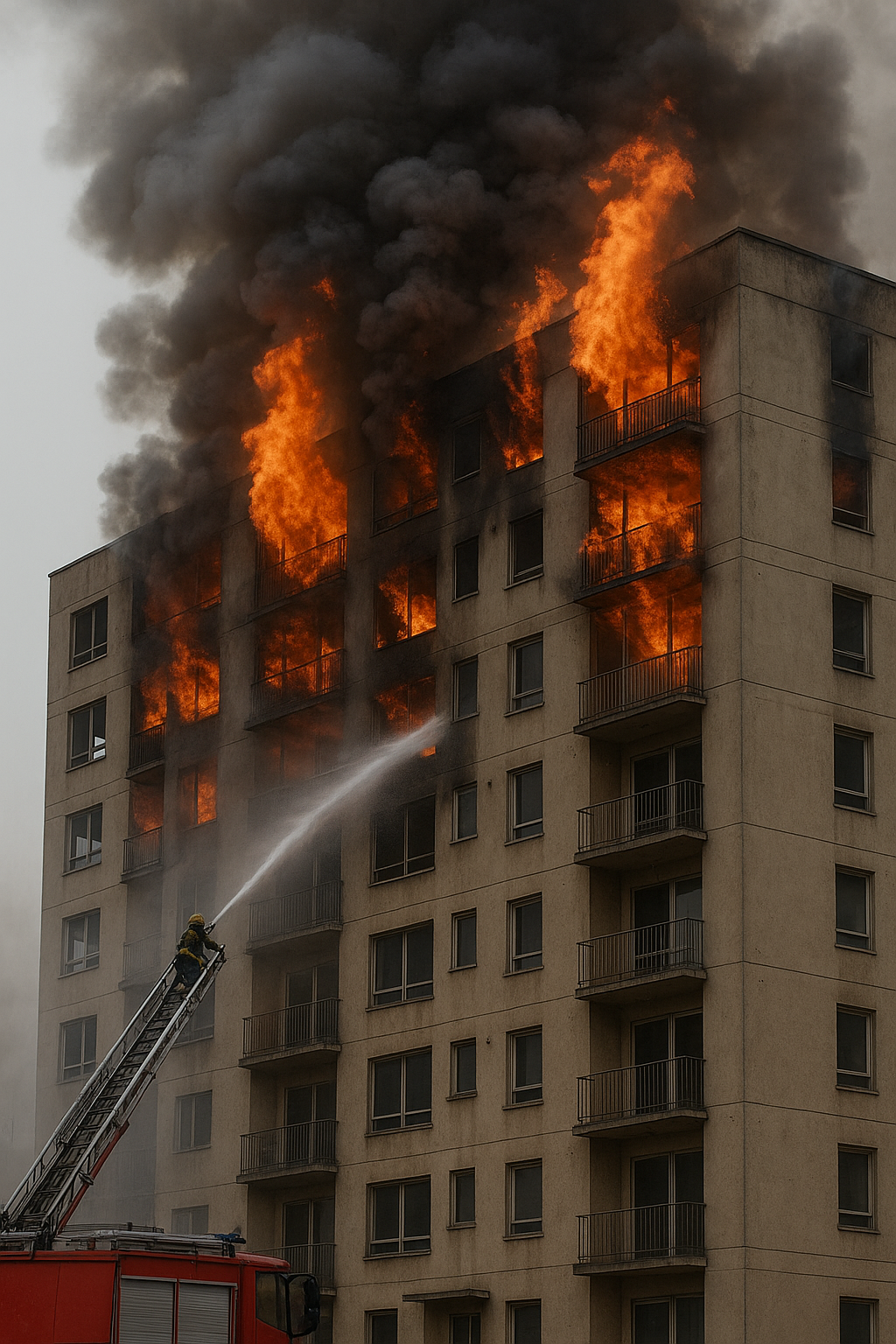New Zealand to Strengthen Building Code Fire Safety Rules After Loafers Lodge Tragedy
Minister Penk stressed that the consultation results provide a clear mandate to update the Building Code’s fire safety requirements.

- Country:
- New Zealand
The New Zealand Government has confirmed it will amend the Building Code to enhance fire safety protections, following a nationwide review sparked by the deadly Loafers Lodge fire in Wellington in May 2023. The tragedy claimed five lives and underscored urgent concerns about building safety, particularly in large-scale residential accommodation.
Building and Construction Minister Chris Penk announced that the Ministry of Business, Innovation and Employment (MBIE) has released a summary of public submissions from last year’s consultation on fire safety regulations. The consultation drew input from more than 100 organisations, businesses, and individuals, reflecting broad public and industry interest in the issue.
Why the Review Was Necessary
The last significant update to the Building Code’s fire safety rules was in 2012. Since then, New Zealand’s building landscape has changed dramatically, with new materials, construction techniques, and building uses adding complexity to fire prevention and response. These changes have also created fresh challenges for firefighters, prompting calls for the regulatory framework to evolve.
Submitters highlighted several concerns:
-
Overly complex regulations – Current building classifications and technical language are seen as confusing, creating inconsistent compliance decisions and delaying consents.
-
Evacuation for all – Strong support emerged for ensuring all occupants, including people with disabilities and residents in boarding houses, hotels, and motels, can evacuate safely.
-
Targeted hazard management – Respondents urged a focus on specific fire hazards to ensure rules are practical and cost-effective.
-
Alignment with firefighting realities – Many agreed that fire safety provisions should reflect the conditions and challenges faced by firefighters on the ground.
A Mandate for Change
Minister Penk stressed that the consultation results provide a clear mandate to update the Building Code’s fire safety requirements. He emphasised the importance of keeping pace with evolving building technologies, materials, and methods, while ensuring that safety rules are both clear and enforceable.
The proposed changes are expected to streamline classifications, clarify language, and strengthen evacuation and hazard-management provisions. This will aim not only to improve safety for occupants but also to reduce ambiguity for building owners, designers, and regulatory authorities.
Next Steps
MBIE has been directed to incorporate the feedback into a set of proposed amendments to the Building Code. These will be presented to Cabinet for consideration in early 2026. If approved, the changes could form the most significant update to fire safety regulations in more than a decade.
Minister Penk said the Government’s approach balances urgency with careful policy work to ensure the revised regulations are effective, workable, and future-proof.










